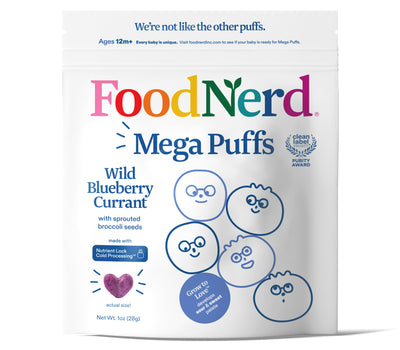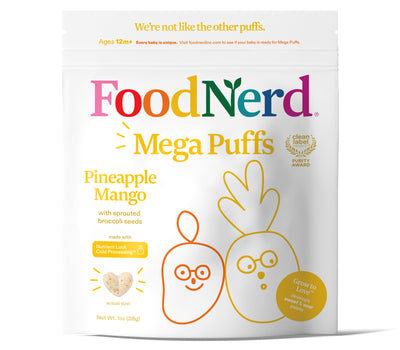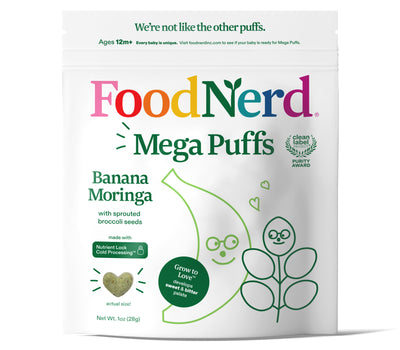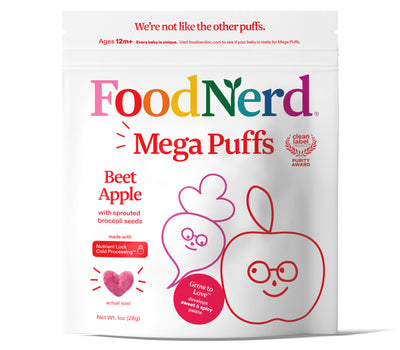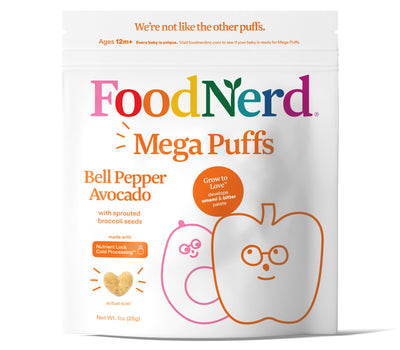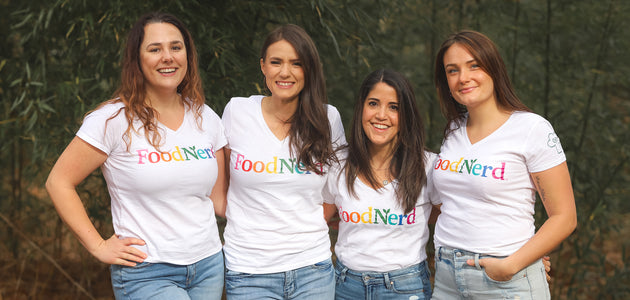Author: Trish Shea RD
What’s the Deal with Plant-based Diets? (Introduction to Fiber)

I think most people could agree that we should be getting more plants into our diets, but does anyone really know why?
Yes, eating more whole plant foods, like fruit, vegetables, legumes, and whole grains can help reduce our risk of chronic disease—thank you phytochemicals!
But what really is the deal with plants? Why is it so important that we eat them on a regular basis? One word. FIBER.
Fiber is arguably the healthiest carbohydrate on the planet. According to Dr. William Bulsiewicz, a certified gastroenterologist, who just wrote the book “Fiber Fueled”, fiber is also the single most important nutrient missing from today’s American diet. In fact, about 97% of Americans are eating way below the daily recommended amount of dietary fiber!
But first… What exactly is fiber?
Like we said before, fiber is a carbohydrate. Fiber is naturally found only in plant foods. Plants make fiber to structurally support their cells, which allows them to bear weight.
Fiber can be broken down into two categories: soluble and insoluble. Soluble basically means that it will dissolve in water, whereas insoluble fiber will not.
Fiber is Digested Differently Than Other Carbs

We mentioned that starches and sugars are easily broken down into glucose, while fiber is not, in our previous blog article on carbohydrates (Click here to check it out!).
Why do we care?
This is the main reason why fiber is so healthy for us!
Fiber is composed of very long chains of glucose, but our bodies do not have the enzymes needed to break these glucose molecules apart. Thank goodness we have the bacteria housed in our microbiome that can take on this role (believe me, after reading this you will be thankful for them)!
Fiber can only be digested when it reaches our large intestine (aka your colon), where it is fermented by bacteria. This process produces short-chain fatty acids (SCFAs) that can be absorbed by the body.
What are Short-Chain Fatty Acids (SCFAs)?

SCFAs are the end-products of bacterial fermentation. In simpler terms, the “good” bacteria in our gut microbiome break fiber down into short-chain fatty acids.
Short-chain means that they are made up of only a few carb atoms connected together. The three main types of SCFAs are:
- Acetate
- Propionate
- Butyrate
Why SCFAs are the Holy Grail of Fiber Talk

SCFAs are the dominant driver of gut health, which has an enormous impact on our overall health.
Before we get into the health benefits of SCFAs, we need to understand why they are so important for gut health.
Healthy bacteria in our microbiome are unable to survive without fiber and the SCFAs that result from it.
How so?
Studies have shown that eating a diet high in fiber actually increases the growth of healthy bacteria in our microbiome and also increases the diversity of the bacterial species within it. The end result is a healthy, balanced microbiome, which can translate into a healthier life!
Just how healthy are we talking here?
Read on to find out the surprising variety of health benefits that result from eating a diet higher in fiber.
Well-Known Health Benefits
- Helps to keep our bowel movements regular by increasing intestinal motility
- Helps to correct issues like diarrhea and constipation
- Helps to lower cholesterol
- Helps to regulate blood sugar
- Associated with lower body weight, reduced incidence of type 2 diabetes, lower total cholesterol, and lower systolic blood pressure
Lesser Known Health Benefits
- Associated with healthy aging and longevity
- A recent study showed that eating a diet high in fiber was correlated with longer telomeres, which are the protective caps on the ends of DNA strands. Shorter telomere length may indicate increased aging and increased risk of chronic disease, such as cancer, diabetes, and heart disease.
- Helps to heal and repair the colon
- SCFAs make the colon more acidic, which prevents the growth of inflammatory, pathogenic bacteria in the microbiome (helps to restore the balance of the gut microbiome).
- SCFAs directly suppress dangerous strains of bacteria, such as E. Coli and Salmonella.
- SCFA butyrate can help repair leaky gut by increasing the expression of tight junction proteins, which keep the cells that line the GI tract together (prevents gaps between GI cells from forming).
- Supports a healthy gut microbiome and can correct dysbiosis
- Fiber has prebiotic effects, meaning that it feeds and promotes the growth of healthy bacteria in our microbiome.
- Feeds the cells of the colon
- SCFAS are the main source of energy for colonocytes (provides about 70% of their energy).
- Optimizes immune function
- SCFAs allow the gut microbiome to communicate with the immune system. Without SCFAs, the immune system may become confused and weak.
- Promotes the release of satiety hormones
- May help to prevent autoimmune disease
- May reduce risk of cancer
- May improve learning and memory
Convinced that you should be getting more fiber in your diet so that you can take advantage of all these health benefits? Here’s a simple how-to:
- Eat rainbow of plants and vary your choices often.
- Greater plant diversity means greater diversity in the microbiome.
- Eat more whole grains, which are an excellent source of prebiotic fiber.
- Eat more legumes, which are also jam-packed with fiber.
- Eat more omega-3 super seeds, such as flaxseed and chia (also high in fiber).
Conclusion

Those of us eating the standard American diet get less than half of the recommended amount of fiber that we need daily.
This is a huge missed opportunity to enhance our health and longevity, considering that fiber is potentially the most important solution to restoring our gut health and therefore, our overall health.
This does not necessarily mean that you should run out and buy a fiber supplement any time soon. The quality of our fiber intake is just as important as the amount that we eat daily.
We want to focus on eating more whole foods and plants, such as whole fruits with the skin, vegetables (especially the cruciferous ones), leafy greens, legumes, whole grains, and nuts & seeds.
Do this along with regular physical activity, adequate sleep, and daily stress management and in time your health, well-being, and longevity will greatly benefit from it.
Sources:
- Bulsiewicz, Will. Fiber Fueled: The Plant-Based Gut Health Program for Losing Weight, Restoring Your Health, and Optimizing Your Microbiome. Penguin Random House, 2020.
- Kessler, David. Fast Carbs, Slow Carbs: The Simple Truth about Food, Weight, and Disease. HarperCollins, 2020.
- Tucker, Larry A. "Dietary fiber and telomere length in 5674 US adults: an NHANES study of biological aging." Nutrients 10.4 (2018): 400.

